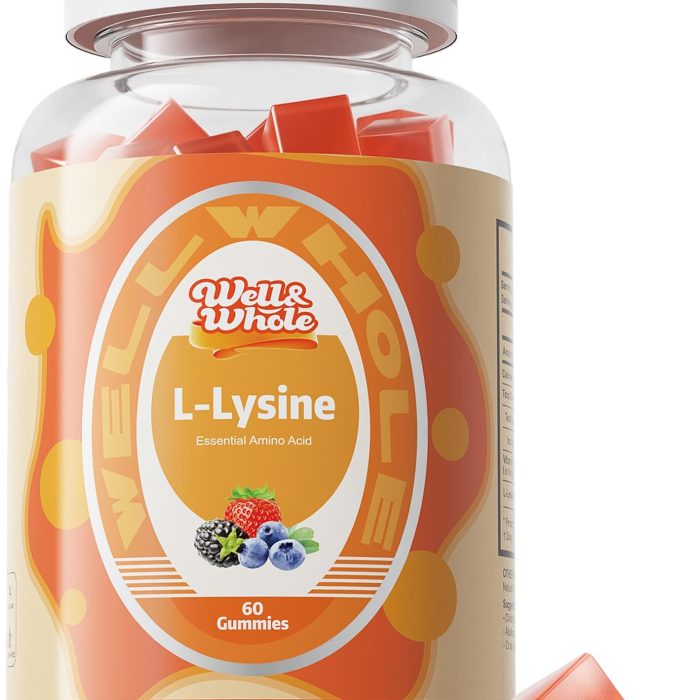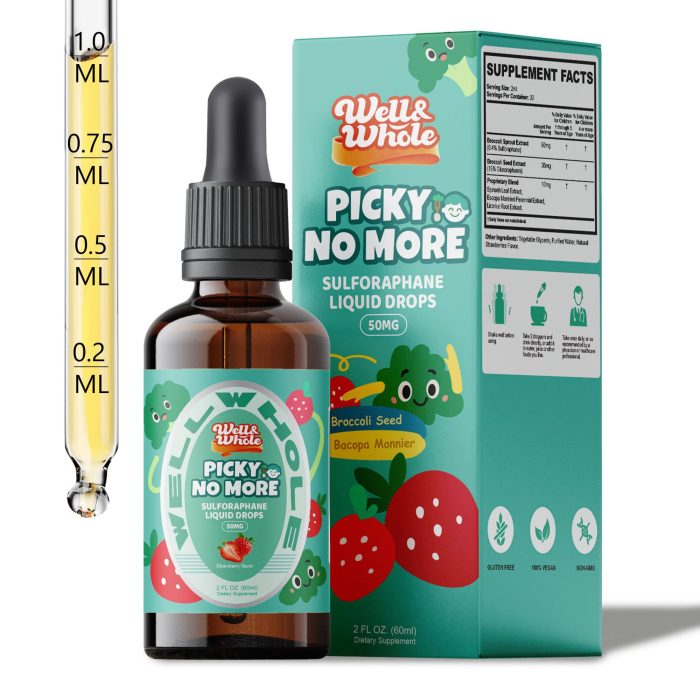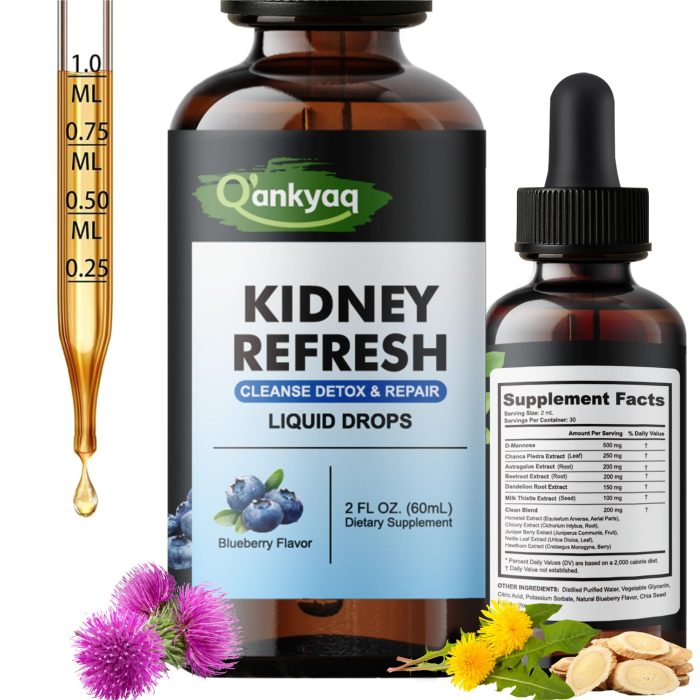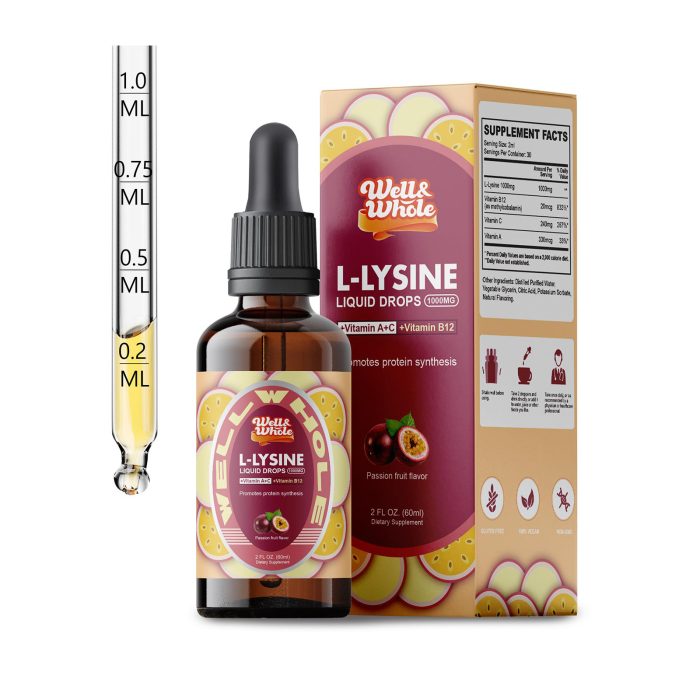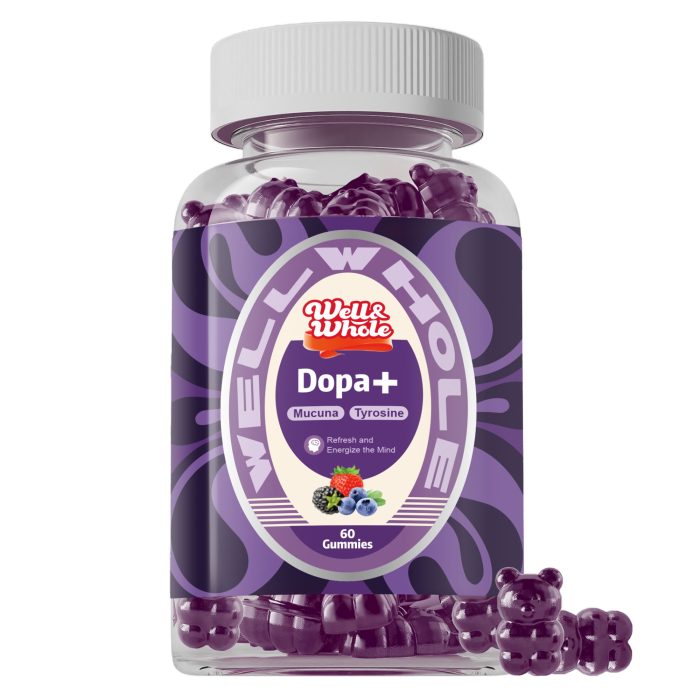Is Collagen a Concern for Vegetarians?
Collagen, the most abundant protein in the human body, plays a critical role in maintaining skin elasticity, joint health, and overall structural integrity. However, it’s naturally derived from animal sources, raising a key question: Do vegetarians lack collagen due to their dietary restrictions, and how can they address this gap? Understanding this challenge is vital, especially if you want to boost your health while adhering to a plant-based lifestyle.
What Is Collagen and Why Is It Essential?
Collagen functions as the body’s scaffolding—it’s responsible for keeping your skin supple, strengthening bones, and cushioning joints. Over time, natural collagen production declines, typically starting in your mid-20s. Factors like sun exposure, smoking, and poor nutrition further accelerate the depletion process. Many people supplement with collagen to counteract this decline, but vegetarians face the dilemma of its animal origins.
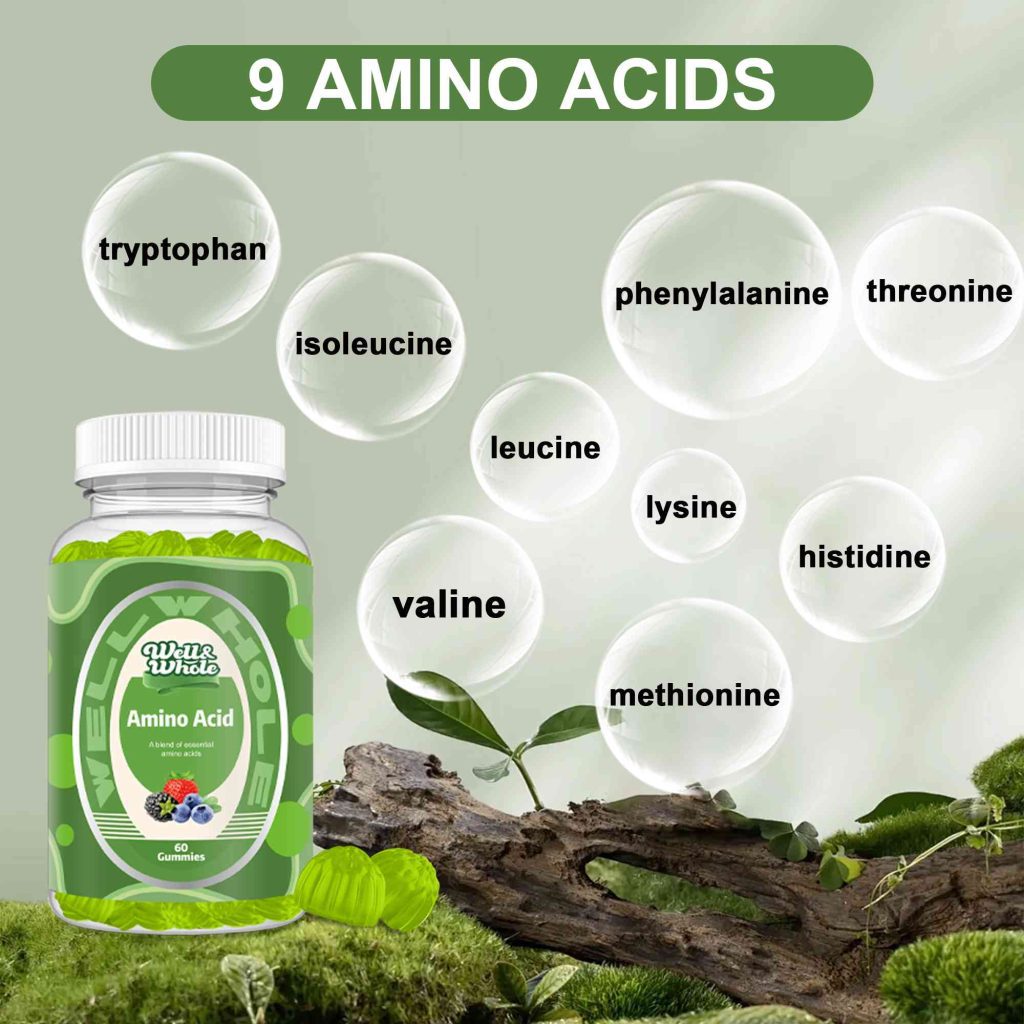
Traditional collagen supplements are extracted from bovine hides, chicken cartilage, or fish scales, making them unsuitable for those avoiding animal products. This has sparked concerns among vegetarians about whether they are missing out on the benefits of collagen entirely—and if so, what alternatives exist.
Are Vegetarians Deficient in Collagen?
While vegetarians may not directly consume collagen, the short answer is: not necessarily. Collagen isn’t technically a dietary “deficiency” since your body produces it naturally. However, vegetarians can face potential limitations in the amino acids required for its synthesis, particularly glycine, proline, and hydroxyproline. These amino acids are most plentiful in animal-based sources, which means vegetarians may have to work harder to obtain them through plant-based foods.
Studies suggest that diets rich in certain nutrients can support collagen production. Vitamins C, A, and E, along with zinc, copper, and manganese, contribute to collagen synthesis by activating the body’s natural processes. However, without targeted strategies, vegetarians may experience slower collagen replenishment—leading to signs of aging, joint discomfort, or skin thinning over time.
Plant-Based Strategies for Supporting Collagen Production
Vegetarians don’t need to let animal-derived products define their collagen goals. Innovations in plant-based nutrition make it possible to support your body’s collagen from the inside out. Below are practical approaches to ensure you maintain optimal levels while staying true to your lifestyle:
- Eat Collagen-Boosting Foods:
Foods rich in Vitamin C like citrus fruits, bell peppers, and strawberries play an essential role in collagen production. Additionally, nuts, seeds, and legumes deliver zinc and copper, which further support synthesis. Incorporate these nutrients into meals daily to maximize your body’s collagen-building potential. - Focus on Plant-Based Protein Sources:
Since amino acids are the building blocks of collagen, consuming diverse protein sources like quinoa, tofu, tempeh, and lentils ensures your body receives glycine and proline in adequate amounts. - Consider Collagen Alternatives:
Companies like Well&Whole have developed advanced collagen-boosting products crafted from bioavailable plant-based ingredients. These supplements are specially formulated to promote natural collagen production and bridge nutritional gaps for vegetarians. - Add Adaptogenic Herbs:
Adaptogens like ashwagandha, amla, and gotu kola improve collagen production while mitigating damage caused by stress and inflammation. - Supplement Wisely:
Vegetarians may benefit from supplements containing collagen-supporting vitamins (C, E, and biotin) and minerals. Consider Well&Whole’s offerings to ensure you’re fully equipped to meet your body’s needs without compromising your values.
The Larger Picture: Is a Vegetarian Diet Enough for Collagen Support?
The vegetarian lifestyle can be robust enough to sustain collagen levels with the right attention to dietary variety and supplementation. Research indicates that improvements in plant-based collagen boosters have made it easier than ever for vegetarians to maintain youthful skin, healthy joints, and strong bones—like their omnivorous counterparts.
However, the urgency to address collagen cannot be overstated. If neglected, collagen depletion can lead to noticeable signs of aging and health concerns. Investing in high-quality plant-based products, like those offered by Well&Whole, alongside targeted dietary changes, ensures both sustainable living and long-term health benefits.
Final Thoughts
Living a vegetarian lifestyle doesn’t mean settling for less when it comes to collagen health. With thoughtful dietary adjustments, such as incorporating nutrient-dense foods and leveraging specialized plant-based supplements, vegetarians can enhance their collagen production to optimize health and vitality. Brands like Well&Whole empower individuals to achieve their wellness goals—without relying on animal-derived components.
Collagen concerns among vegetarians are not insurmountable. In fact, with the right tools and knowledge, you can feel confident that your body has everything it needs to thrive. Why wait? Invest in your health today and take proactive steps toward sustainable collagen support!


